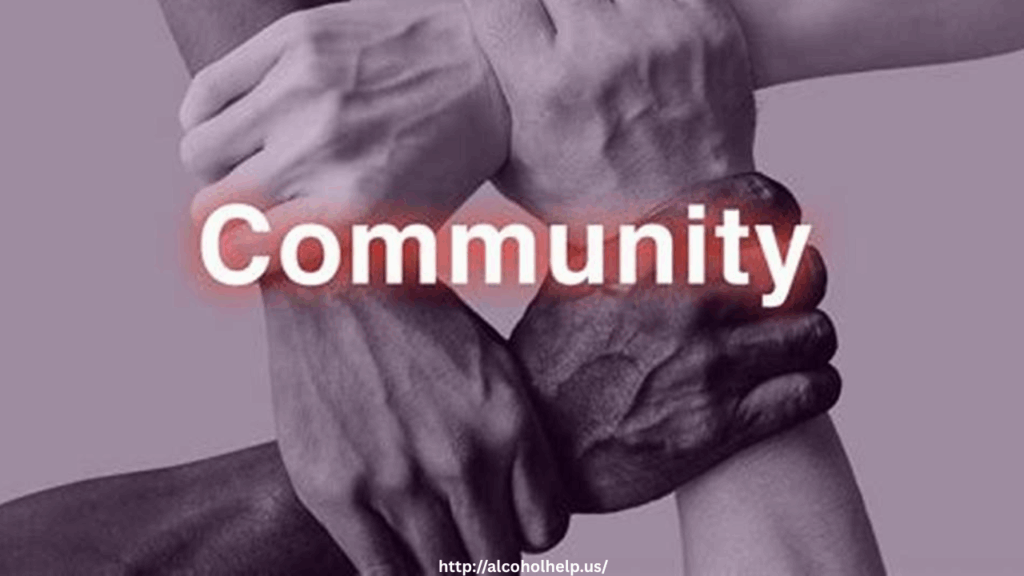
Recovery from alcohol addiction is not a journey that needs to be traveled alone. While professional treatment plays a critical role, peer support and community engagement are equally vital components of lasting recovery. The power of shared experience, understanding, and mutual encouragement can be transformative for individuals working to overcome alcohol use disorder (AUD).
Understanding Peer Support
Peer support involves individuals with lived experience of addiction offering guidance, empathy, and encouragement to those currently navigating recovery. Unlike clinical treatment, peer support is grounded in mutual respect and shared understanding. It can take place through support groups, mentorship programs, online communities, or informal networks.
One of the most recognized forms of peer support is Alcoholics Anonymous (AA), which has helped millions of people worldwide. However, peer support extends far beyond AA, including secular options like SMART Recovery, Recovery Dharma, and peer-run recovery community organizations (RCOs).
Breaking Isolation
Addiction often thrives in isolation. Individuals struggling with alcohol use may withdraw from friends and family, feel shame, or believe they are alone in their experience. Peer support counters this isolation by offering a sense of belonging and connection. Hearing others share similar struggles fosters empathy, reduces stigma, and helps individuals realize that recovery is possible.
Building Accountability and Motivation
Regularly connecting with peers in recovery helps build accountability. Group meetings, check-ins, and peer mentors can motivate individuals to stay committed to their goals. Knowing that others are counting on your presence and progress can be a powerful incentive to maintain sobriety.
Moreover, peer support emphasizes progress over perfection. It creates a safe space where setbacks are met with compassion rather than judgment, encouraging individuals to keep moving forward even after relapse.
Empowerment Through Shared Experience
One of the most empowering aspects of peer support is the opportunity to both receive and give help. As individuals grow in their recovery, they often become sources of inspiration and guidance for others. This reciprocal relationship reinforces their own recovery journey and fosters a sense of purpose and self-worth.
Peer supporters often serve as role models, showing that recovery is not only possible but sustainable. Their lived experience adds a layer of authenticity that can be incredibly impactful for someone just beginning their path to sobriety.
Enhancing Professional Treatment
Peer support is not a substitute for professional treatment but a powerful complement. Many treatment centers and outpatient programs now integrate peer support specialists into their care teams. These individuals bridge the gap between clinical care and real-world recovery, providing guidance rooted in firsthand experience.
Creating Stronger Recovery Communities
Community-based support groups and recovery organizations play a crucial role in building environments that nurture sobriety. Hosting events, providing resources, and fostering inclusive spaces where people feel valued can make a significant difference. Strong recovery communities not only support individuals but also help reduce the stigma surrounding addiction.
Conclusion
The journey to recovery is deeply personal, but it doesn’t have to be lonely. Peer support offers the connection, encouragement, and shared wisdom that can make recovery more attainable and sustainable. By embracing the power of community, individuals are better equipped to overcome addiction and build fulfilling, sober lives.